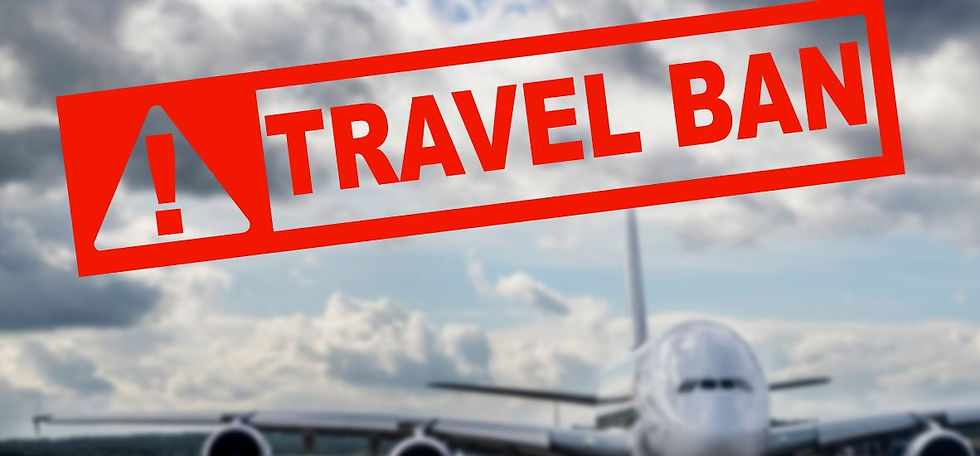A Preliminary Injunction Stopped the Increase of Immigration Filing Fees
- Patricia Elizee

- Oct 4, 2020
- 2 min read

On Tuesday September 29, 2020, United States District Judge, Jeffrey S. White of California granted a preliminary injunction which stopped the increase of immigration filing fees. These fees were set to increase on October 2, 2020, because of a final rule issued by USCIS on August 3, 2020. The rule would drastically increase fees for common petitions and applications. It would also change the processing time for premium processing from 15 calendar days to 15 business days and modify the inter-country adoption processing as well.
According to USCIS, the need to increase USCIS filing fees stems from a major shortage in applications and petition, opponents of the fee increase argue that it comes at the expense of individuals and even businesses filing for their employees. The average fee increase is 20%. However, we can see an increase in up to 83% for citizen applications. The proposed increase is:



















Comments